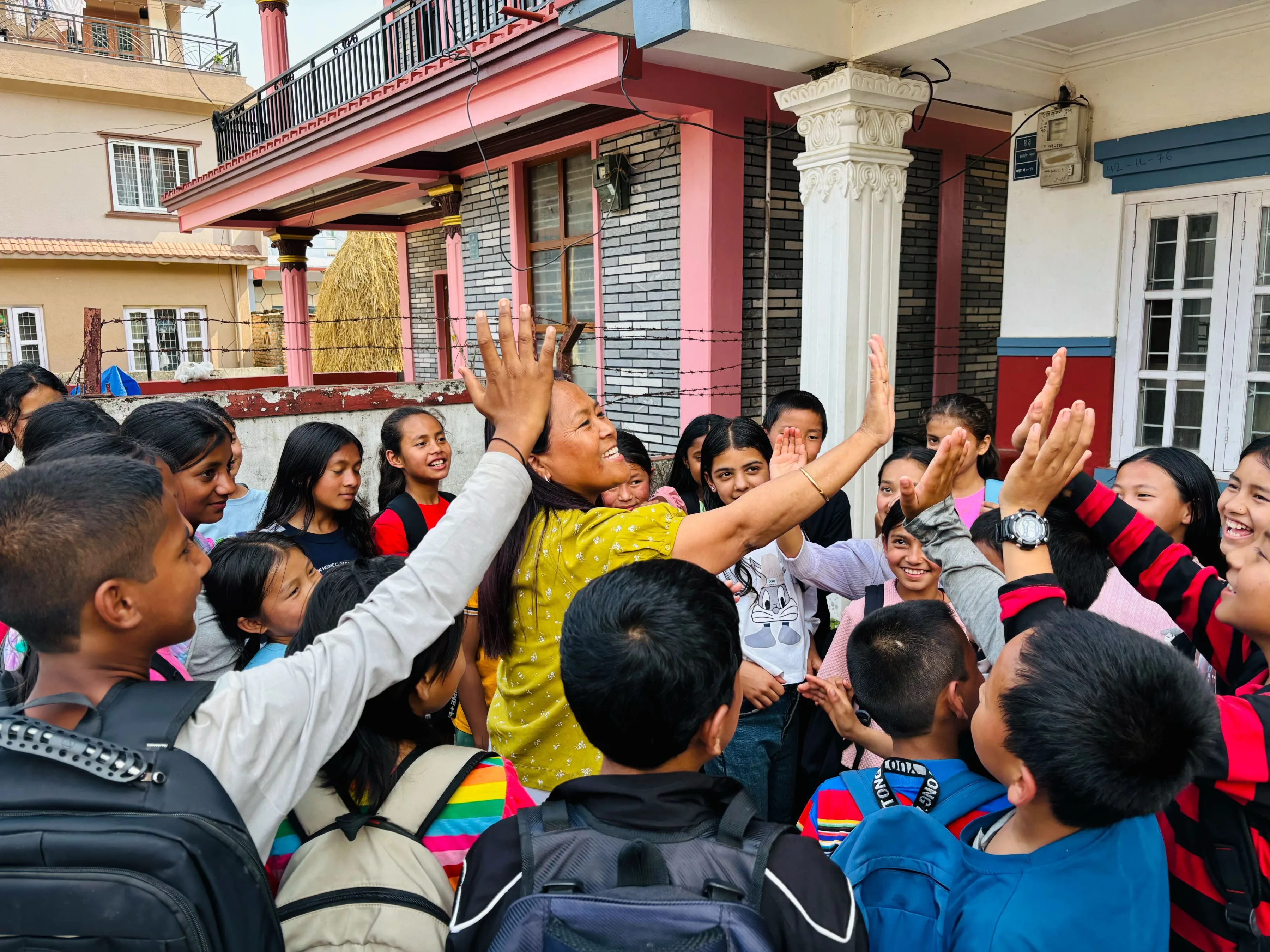
Empowering Educators, Parents & Carers
Your donation helps us support those who bring learning to life.
Teaching and learning materials in the spirit of Johann Heinrich Pestalozzi
Our Toolkit constitutes ideas for teaching and learning in the spirit of Johann Heinrich Pestalozzi. As such, it encourages a teaching and learning approach which is:
- Values-led, with particular focus on loving kindness, cooperation and compassion
- Holistic, focusing on Head, Heart and Hands
- Child-centred/ Participant-centred
- Enjoyable for facilitators and participants alike
- Active
- Connected to nature
- Based on observation, individual experience and concreate understanding gained through the senses
- Community oriented, providing opportunities for service/ socially useful productive work
- Relevant to the likely futures of the students
Start using our resources
Access our collection of experiential learning resources, teaching strategies, and classroom activities aligned with holistic and values-based education.

Pestalozzi values education
These values-led activities support social, ethical and emotional learning, resilience and mental wellbeing. The teaching and learning materials in the spirit of Pestalozzi, provide experiential, child-centred, active learning experiences for elementary to upper secondary level students. They are based on Pestalozzi values made currently relevant including awareness, open-mindedness, loving kindness, empathy, cooperation and compassion. They also promote the desire and the ability to help others They also promote the desire and the ability to help others in an ethical way.

Johann Heinrich Pestalozzi's pedagogy and approach
Teaching and learning activities for elementary to upper secondary level students, these experiential activities are not only delivered in the spirit of Pestalozzi but also explore and apply different aspects oh his approach in ways relevant to the needs of today.

Support of curricular & extra curricular student development
These activities in the spirit of Pestalozzi support a range of curricular or extra-curricular student development activities and can be used as reinforcement of or integrated into existing programmes. Taking a lively and engaging approach, examples of areas they support include Careers Education, Independent Research, Citizenship, Service in the Community, English Language Reinforcement and Learning through Drama.
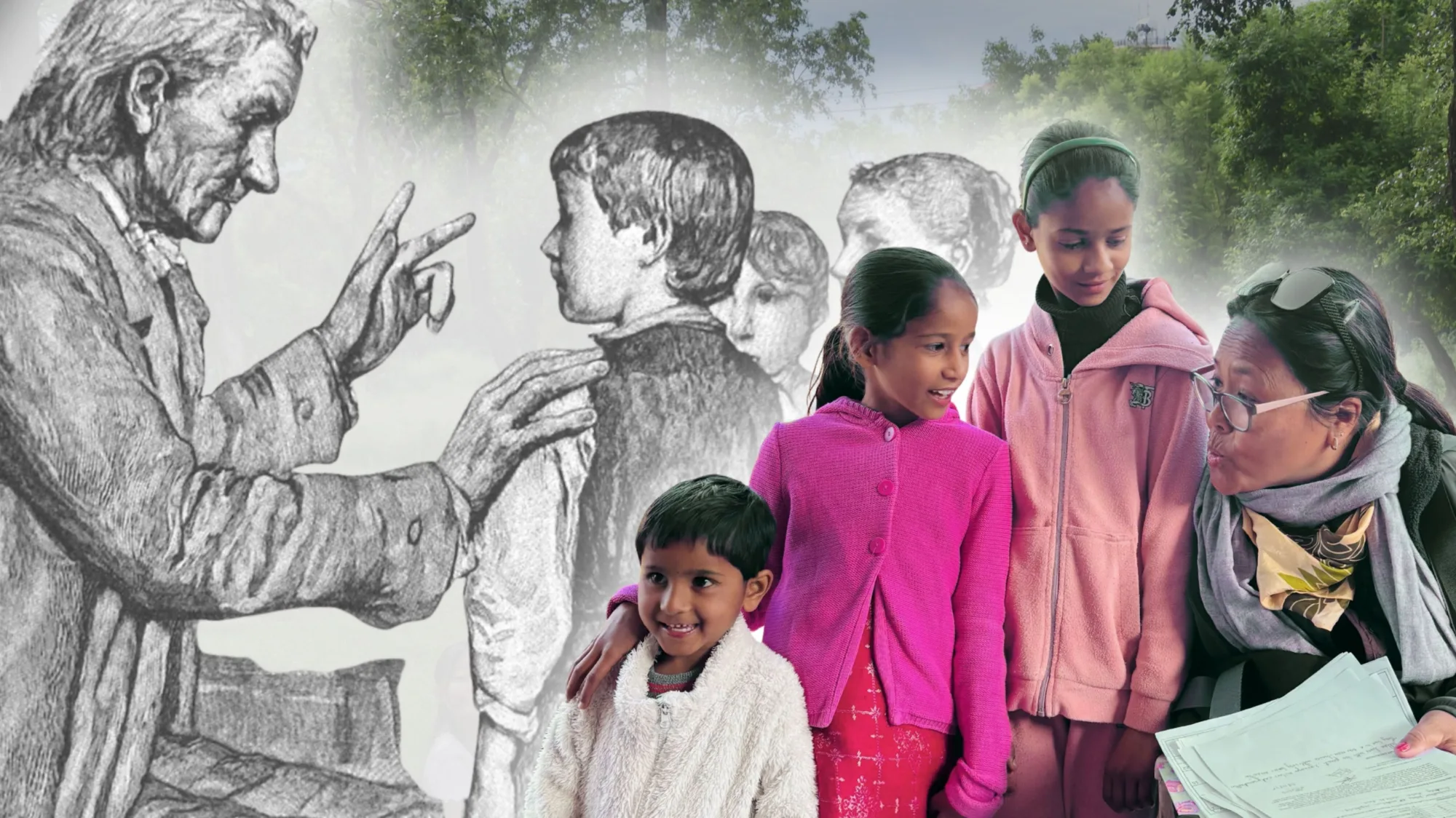
The life of Johann Heinrich Pestalozzi
For elementary to advanced level students, these activities use word games to teach the factual information about Johann Heinrich Pestalozzi’s life, and drama techniques and drawing to give students personalised experience of his life, character and basic beliefs in ways that enable them to relate his life to their own lives.
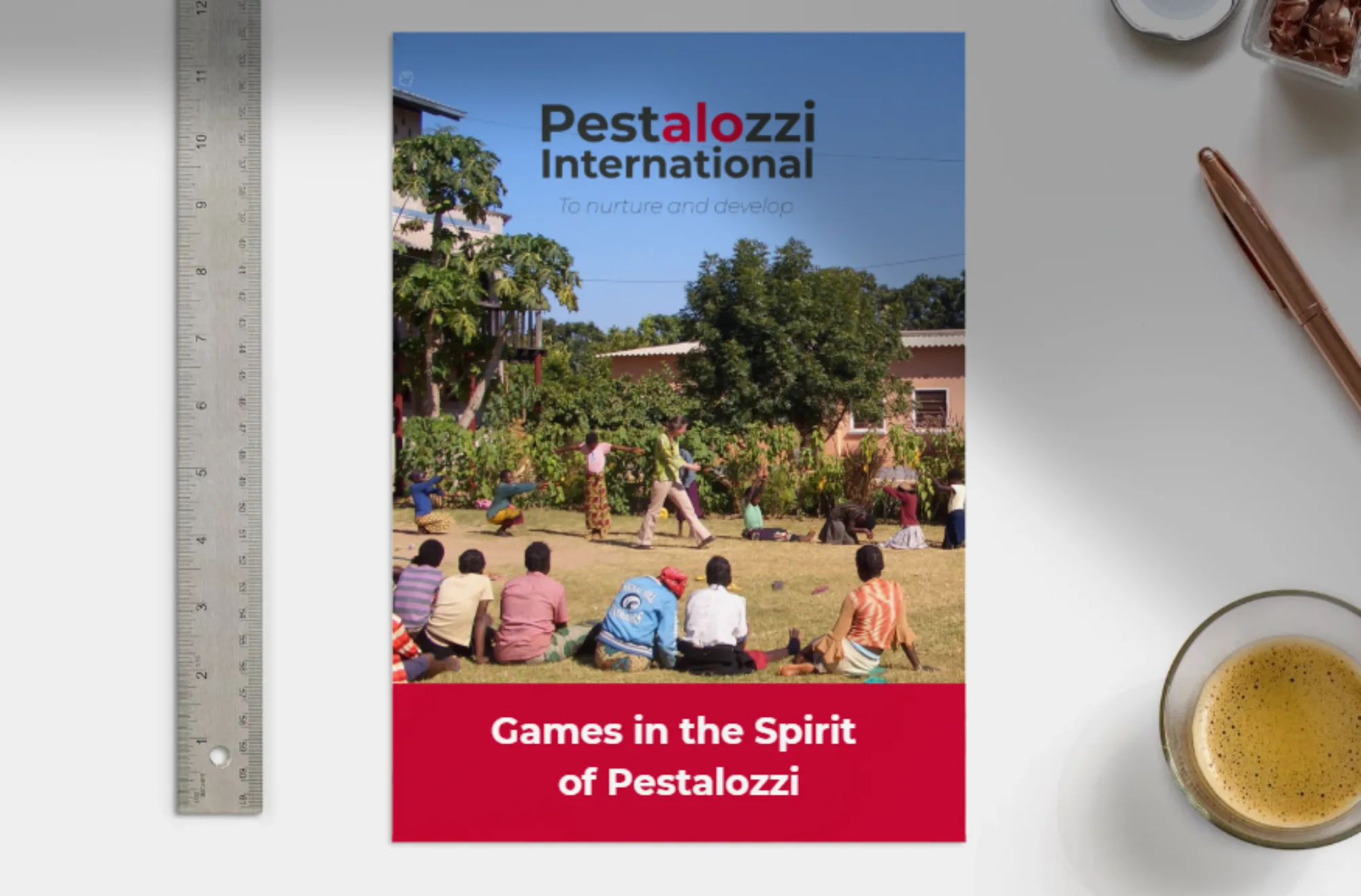
Games in the spirit of Pestalozzi
A manual of playful group activities for building trust and cooperation amongst all levels of students. To be played outside, many of them are short activities useful as breaks in the middle of class-based activity. The manual also provides an overview of how to use these games with the students.
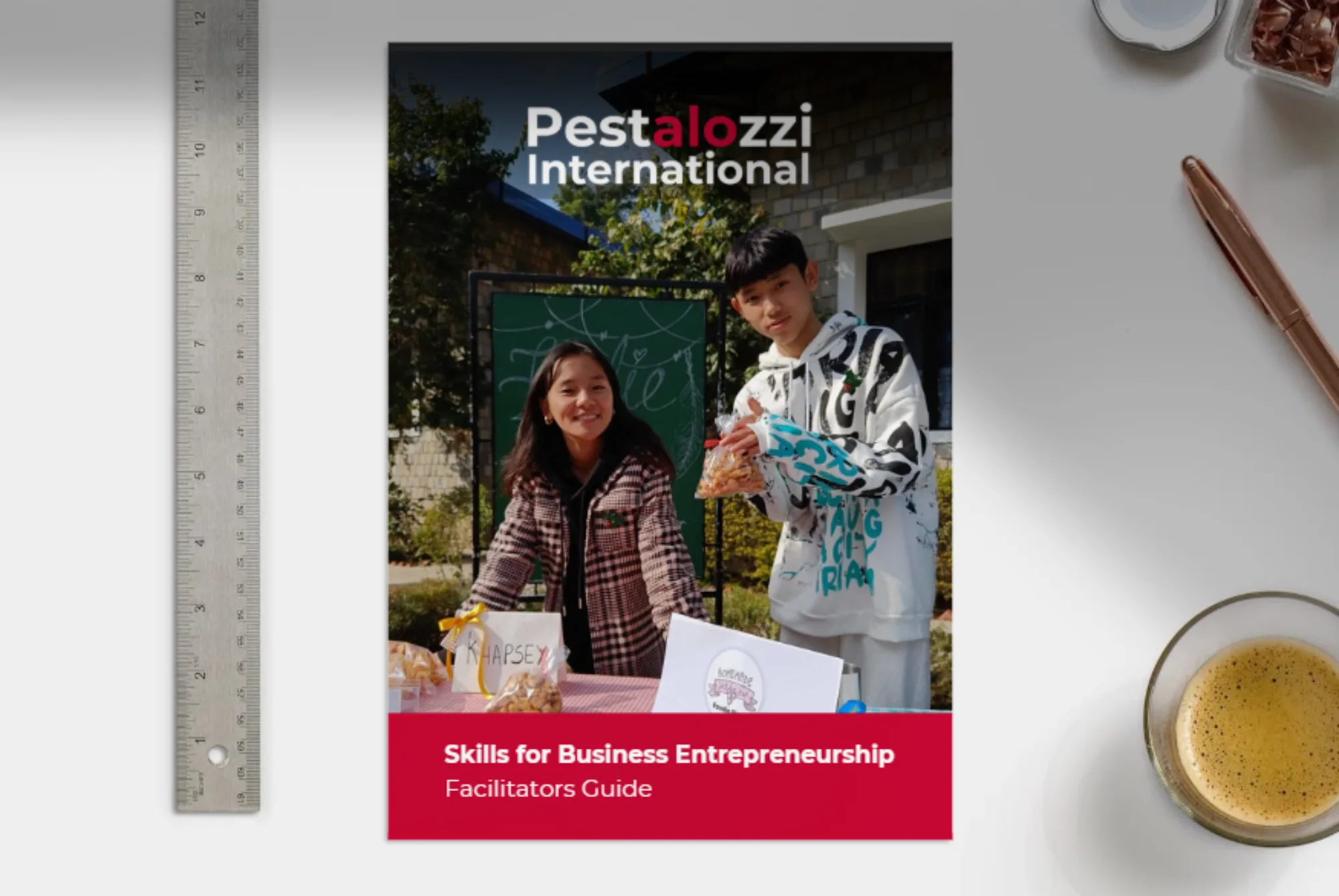
Small-scale ethical business entrepreneurship
An introduction for students in their final three years of secondary school to the skills required for business entrepreneurship and to give them an opportunity to run a small-scale handicraft / craft food business. It includes a facilitators’ guide, which includes interim and end of project reporting documents and an accompanying Powerpoint presentation. Please see section below for supporting presentation.
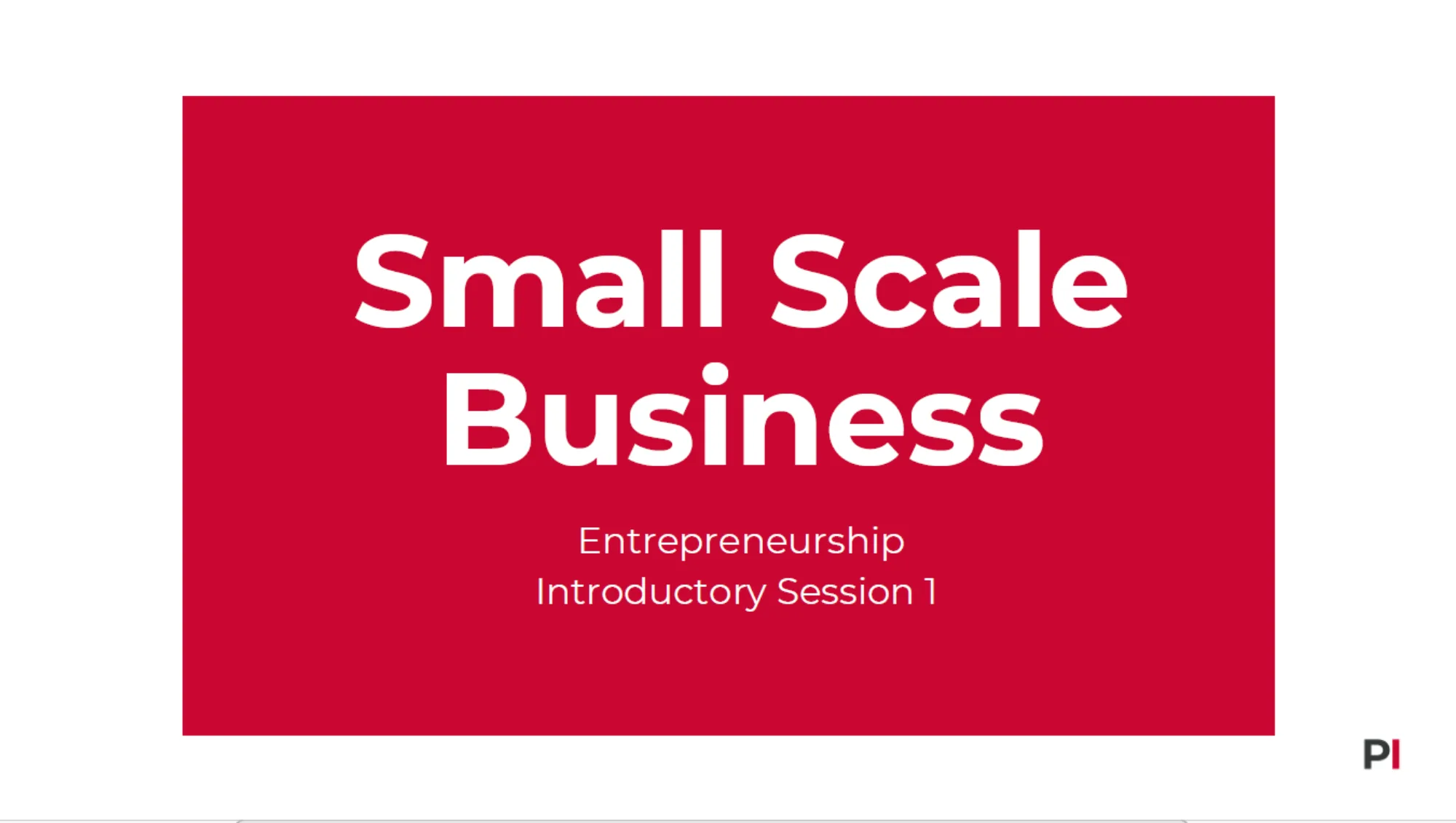
Powerpoint presentation "Small-scale ethical business entrepreneurship"
The Powerpoint presentation supports the Small-Scale, Ethical Business Entrepreneurship project for Upper Secondary Level by introducing students to key concepts in ethical entrepreneurship and guiding them through each stage of creating and running a small-scale handicraft or craft-food business. It outlines project goals, ethical principles, idea generation, market research, business planning, production, marketing, sales, and financial literacy. It also explains reporting requirements and highlights the skills students will develop, helping facilitators lead structured, practical, and reflective learning.
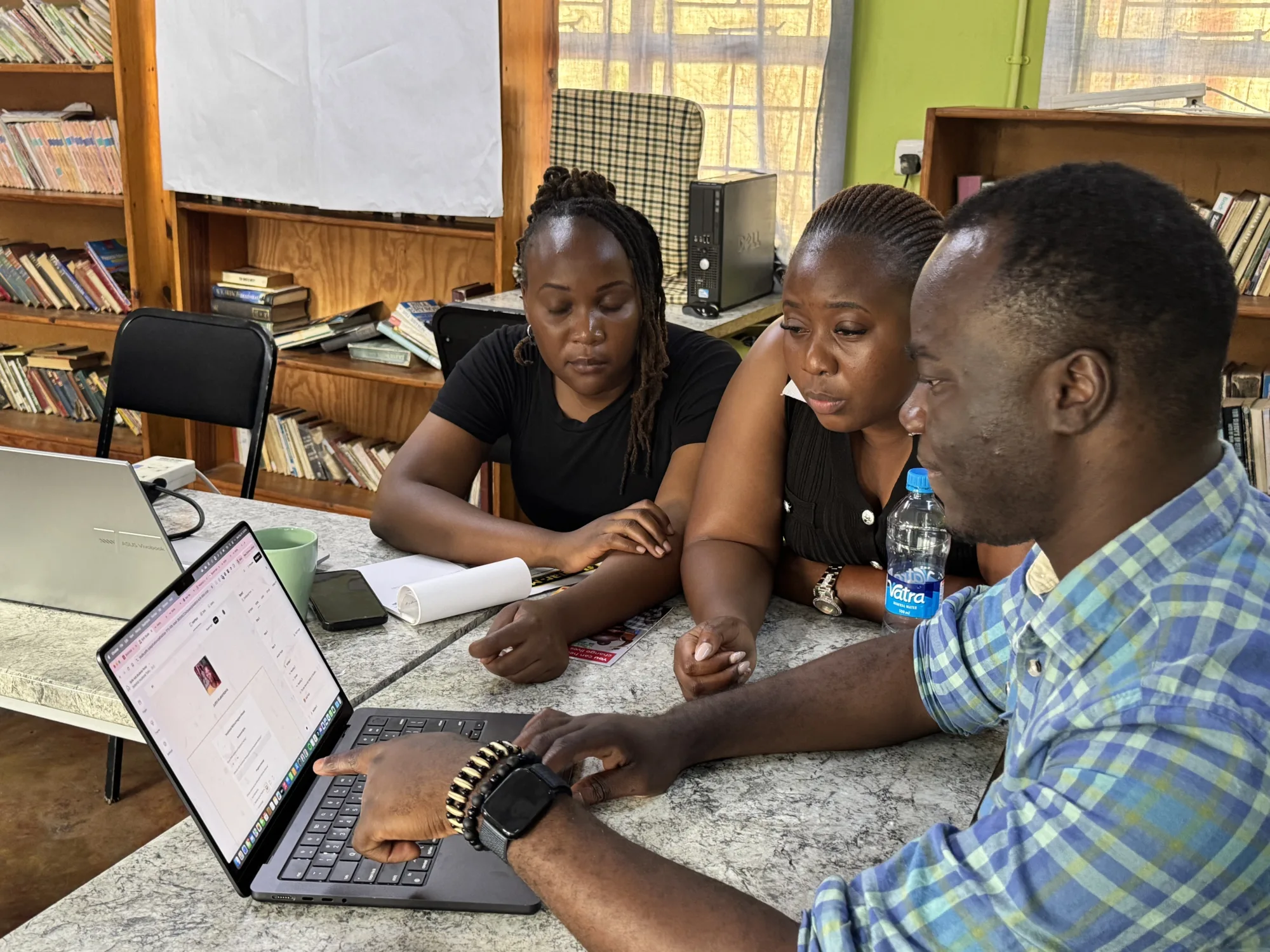
AI use and the ethics of AI
See how our curriculum resources can support teachers in using AI purposefully. Strengthening digital literacy, reflective thinking and responsible technology use in the classroom.

Johann Heinrich Pestalozzi Photos from Dr. Arthur Brühlmeier
his collection of photographs and illustrations, curated by Dr. Arthur Brühlmeier, presents a visual journey through the life and legacy of Johann Heinrich Pestalozzi . It includes portraits of Pestalozzi at different stages of his life, images of his wife Anna and his son Jean Jacques, and artistic depictions that capture his character and humanitarian spirit.



